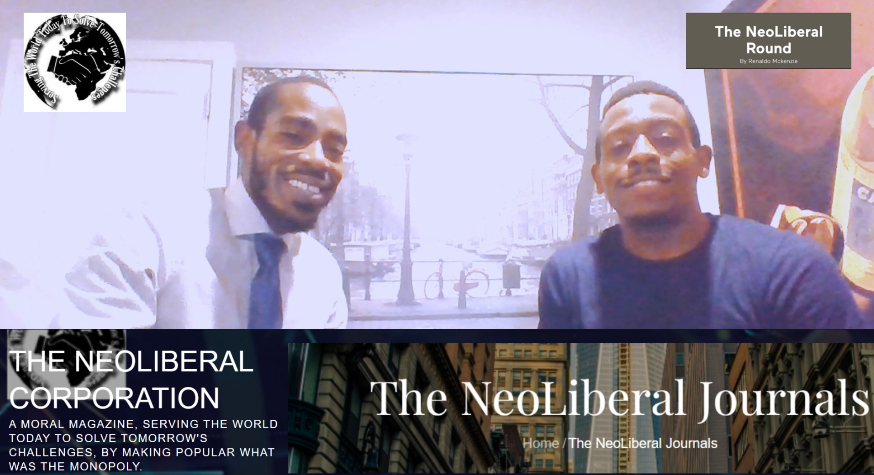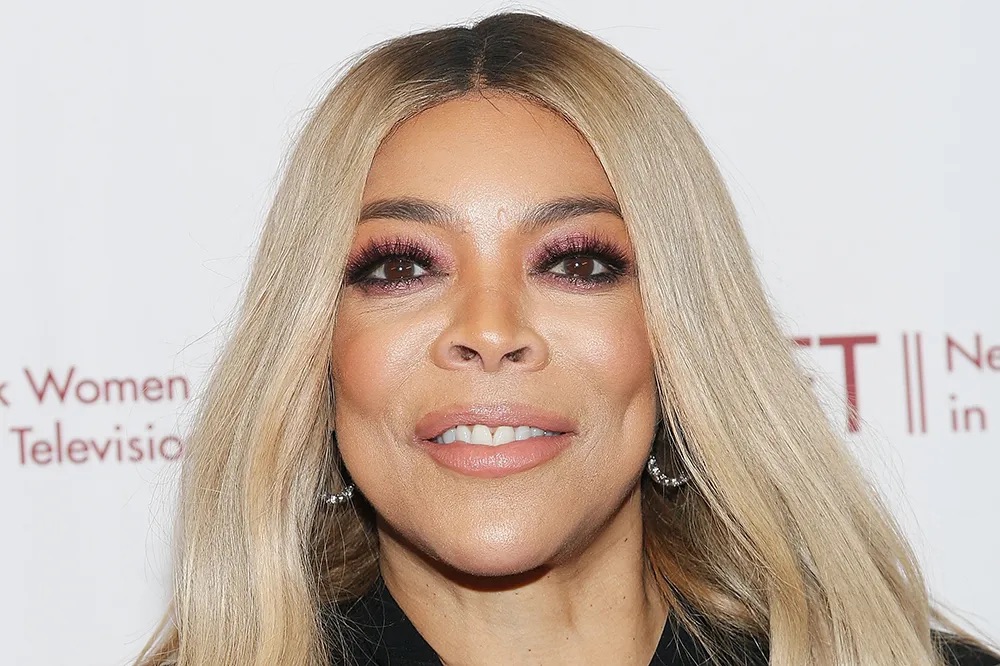Wendy Williams, a prominent television personality, has recently voiced strong objections to her ongoing guardianship, asserting that she is being held “hostage” and refuting claims of cognitive impairment. This situation has sparked significant public discourse, drawing parallels to other high-profile conservatorship cases and raising questions about the ethics and legality of such arrangements.
Background
Wendy Williams rose to fame as a radio DJ and later as the host of “The Wendy Williams Show,” which aired from 2008 to 2022. Her candid commentary and engaging personality garnered a substantial following. However, in recent years, Williams has faced numerous health challenges, including a diagnosis of Graves’ disease, lymphedema, and complications related to substance abuse. These health issues led to multiple hiatuses from her show and, eventually, its conclusion in 2022.
Guardianship and Health Diagnoses
In early 2022, concerns about Williams’ health and financial well-being prompted Wells Fargo to freeze her accounts, citing potential financial exploitation. Subsequently, a New York court appointed a temporary financial guardian, Sabrina Morrissey, in March 2022, a decision confirmed in May of the same year. Reports indicated that Williams was diagnosed with frontotemporal dementia and aphasia in 2023, conditions that can affect cognitive functions and communication abilities. These diagnoses were central to the justification for her continued guardianship.
Williams’ Public Denial of Cognitive Impairment
Despite these medical assessments, Williams has publicly contested claims of cognitive impairment. In a January 2025 interview on “The Breakfast Club,” she stated unequivocally, “I am not cognitively impaired.” She described her experience under guardianship as akin to imprisonment, highlighting restrictions on her personal freedoms, including limited access to communication devices and the inability to visit her father on his 94th birthday. Williams’ niece, Alex Finnie, supported her assertions, noting that Williams’ current state does not align with that of an incapacitated person.
Legal and Ethical Implications
The controversy surrounding Williams’ guardianship brings to light several legal and ethical considerations. Guardianships are typically established to protect individuals deemed incapable of managing their affairs due to cognitive or physical impairments. However, Williams’ vehement denial of such impairments and her allegations of mistreatment suggest potential misuse of the guardianship system. Her case mirrors that of Britney Spears, who, after a prolonged legal battle, was released from a conservatorship she described as oppressive. Both instances underscore the necessity for rigorous oversight and periodic reassessment of guardianships to prevent potential abuses.
Public and Familial Support
In response to Williams’ revelations, her family has initiated efforts to terminate the guardianship. A GoFundMe campaign was launched to raise funds for legal representation, aiming to “free her from the loneliness and deep isolation” imposed by the guardianship. The campaign highlights the family’s belief that Williams is unjustly confined and emphasizes their commitment to restoring her autonomy. Meanwhile, public opinion continues to grow in support of Williams, with fans and advocacy groups questioning the broader guardianship system and calling for reforms to protect against potential exploitation.
Conclusion
Wendy Williams’ case serves as a critical examination of the guardianship system’s application, particularly concerning individuals with high public profiles and substantial assets. Her assertions challenge the validity of her guardianship, prompting a broader discussion on the balance between protecting individuals and preserving their autonomy. As public awareness grows, it is imperative for legal systems to ensure that guardianships are implemented judiciously, with mechanisms in place to address grievances and prevent potential exploitation. The scrutiny of this case underscores the need for transparency, accountability, and respect for individual rights in the guardianship process.
References
- “Wendy Williams Claims She’s Being Kept from Seeing Dad on His 94th Birthday as Source Says Guardianship Court Protects Her Safety.” People, 16 Jan. 2025.
- “Wendy Williams Insists She’s Not Cognitively Impaired and Is Trapped in a Conservatorship: ‘I Feel Like I Am in Prison.'” People, 16 Jan. 2025.
- “The Eerie Parallels Between Wendy Williams and Britney Spears’ Pleas for Freedom from Their Guardianships.” Page Six, 16 Jan. 2025.
- “Wendy Williams’ Family Launches GoFundMe to Raise $50k to Free Her from ‘Loneliness and Deep Isolation’ of Guardianship.” The Sun, 16 Jan. 2025.
- “Wendy Williams.” Wikipedia, 16 Jan. 2025.

By: Donte Nelson


